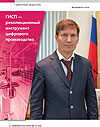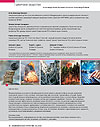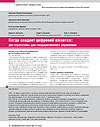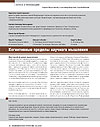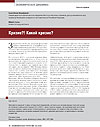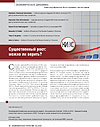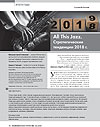
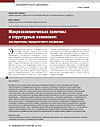
The issue of the connection of current macroeconomic policy measures and structural changes is being investigated. Approaches that focus on the behavior of macroaggregates, as a rule, do not take into account the structural and institutional characteristics of the economic system. These characteristics are now becoming relevant in the field of economic development. Macroeconomic policy is based on a transfer mechanism, which is a set of measures and instruments that affect economic dynamics. However, until now the transfer mechanism of macroeconomic policy has changed, without taking into account structural and institutional characteristics — the Keynesian prescriptions have been replaced by monetarist, “offer economics”, “real cycle theory”, and theoretical generalizations were the basis of the transfer mechanism. The modern economy is changing so rapidly that the fundamental generalizations lag behind the pace of these changes, which leads experts responsible for macroeconomic policy to develop measures according to the practical feasibility and vision of solving certain problems, sometimes based on a priori established connection of individual parameters, for example, the money supply and GDP, inflation and employment levels, or inflation and money supply, etc. Usually the presence of feedbacks is considered weakly, as well as does not subordinate the measures of the current policy of the country’s development strategy, since the strategic program is simply another set of tools that should lead to different results.
Продолжить чтение




